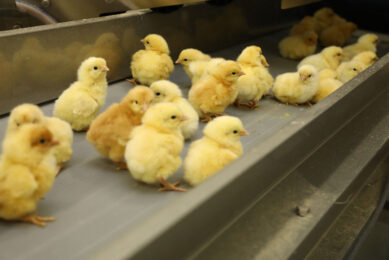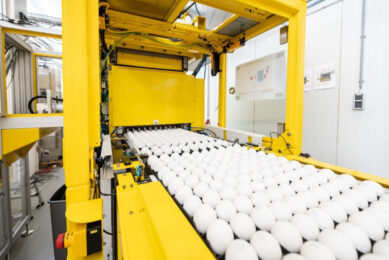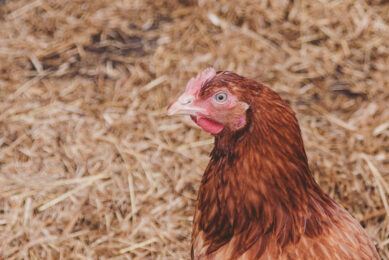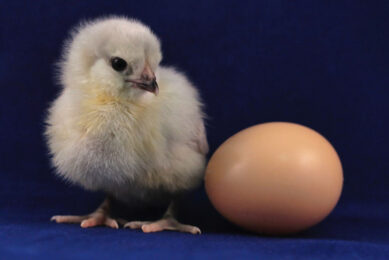Japan to begin culling poultry in no-go zone
The Japanese government is to cull huge amounts of swine, cattle and poultry in the nuclear evacuation zone surrounding the country’s damaged nuclear plant, several news sources report.
Livestock producers in Fukushima, in the North East of Japan had to leave behind their animal herds when a 20 km evacuation zone around the nuclear power plant was imposed after the tsunami and earthquake of March 11. The disaster had knocked out the plant’s cooling systems.
Thousands of chickens
When the farmers left the no-go zone it resulted in the abandonment of an estimated 31,500 pigs, 3,400 cows, and 630,000 chickens – at least, these figures were reported prior to the crisis.
The cows – once the pride of Fukushima prefecture, prized for their marbled beef and rich milk – were left behind in the scramble to escape, many of them locked in sheds where they starved to death, farmers have said.
The government has now confirmed that the prefecture will be asked to slaughter farm animals within the evacuation zone due to difficulties in feeding those which have survived abandonment.
Great pain
Yukio Edano, chief cabinet secretary, said: “We apologise for the great pain this will cause people who have carefully raised them, regardless of the financial compensation provided. We have no choice, but, after weighing the options, to pursue the cull.”
He confirmed that the actions are being done with consent of the owners.
Footage taken by journalists inside the zone before it was sealed off showed abandoned cows running in small herds across empty roads and along river banks, while dogs and other abandoned household pets were begging for food.
Farmers who quietly returned in the early weeks to feed their animals reported that some young cows had died and been eaten by wild animals.
Thousands of pigs, chickens and other livestock probably also died in their cages or pens with no food or water, while others escaped through switched-off electric fences to roam across fields and through towns.
Related websites:
Daily Telegraph
AFP
Join 31,000+ subscribers
Subscribe to our newsletter to stay updated about all the need-to-know content in the poultry sector, three times a week. Beheer
Beheer








 WP Admin
WP Admin  Bewerk bericht
Bewerk bericht